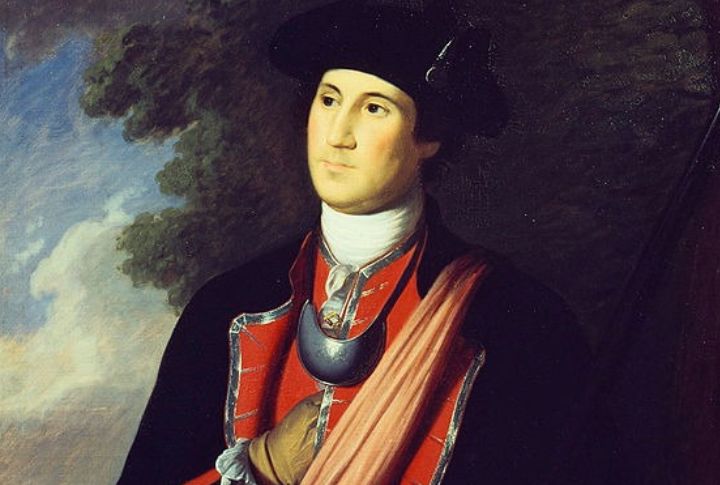
Decades of storytelling have blurred the line between Revolutionary War facts and folklore. Names are remembered, but events aren’t always clear. What really happened? That depends on which record you trust. Here are ten persistent questions that continue to raise eyebrows, even among history enthusiasts who thought they had the timeline nailed down.
Who Really Fired The First Shot At Lexington?
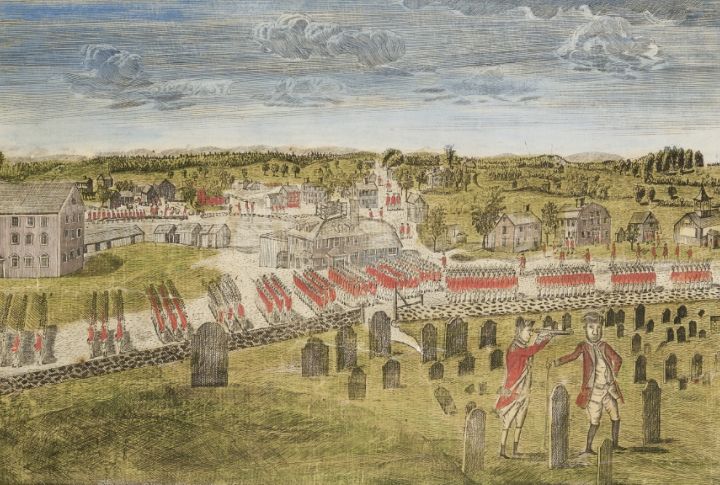
On April 19, 1775, British troops marched into Lexington, hoping to seize colonial weapons. A shot rang out, but no one can say which side pulled the trigger. That moment escalated tensions into a full-blown war. Emerson later dubbed it “the shot heard ’round the world.”
Did They Actually Sign The Declaration On July 4?
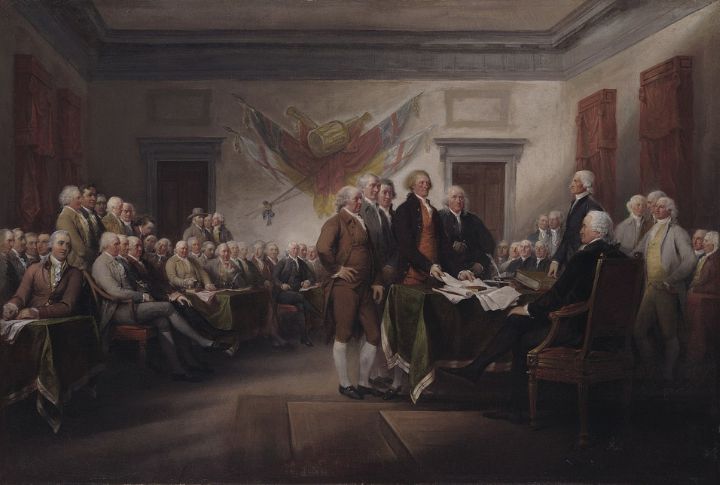
Congress approved independence on July 2, not the 4th. They adopted the final document two days later, but most signatures came on August 2. A few delegates even signed it well after that. On July 4, only Hancock and Thomson put pen to paper.
Did George Washington Win Every Battle He Fought?
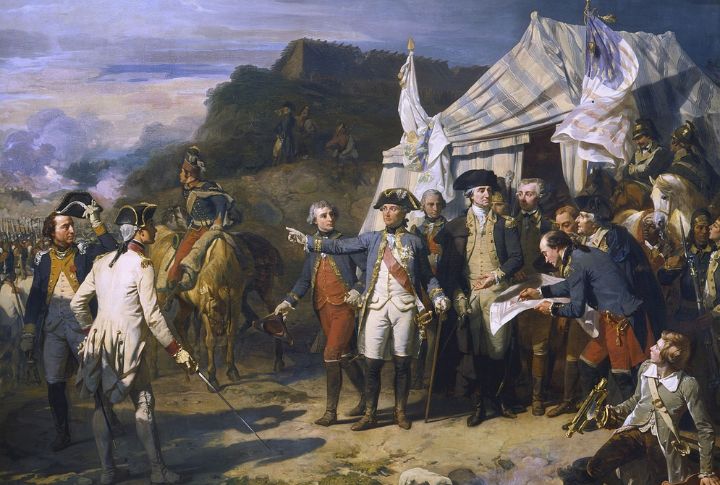
Washington suffered major losses at Long Island, Brandywine, and Germantown. He didn’t win every battle, but he held the army together with sheer persistence. His leadership and strategic mindset mattered more than his win record. Through every setback, his troops never lost faith in him.
Was Paul Revere The Only One Who Warned The Colonists?
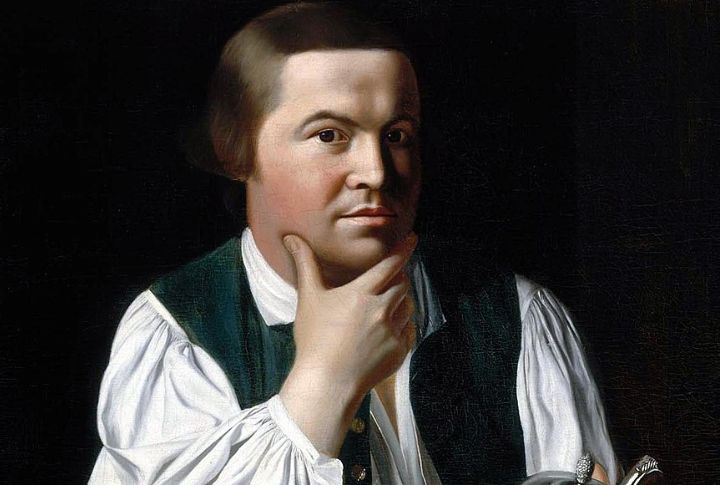
Revere wasn’t alone that night—he rode as part of a larger warning system called the “Midnight Ride.” William Dawes and Samuel Prescott joined him, but only Prescott made it to Concord. British troops caught Revere before he could finish. And no, he didn’t yell, “The British are coming!”
Did The Colonists Have A Fully Trained Army?
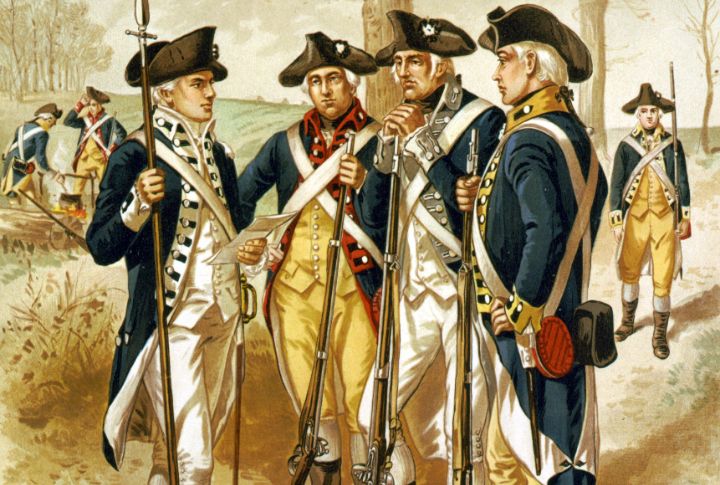
The Continental Army wasn’t made up of seasoned soldiers. Farmers, tradesmen, and volunteers filled the ranks, and most lacked proper training. Desertions were common, and illness spread quickly. At Valley Forge, Baron von Steuben brought discipline—and reportedly swore at them in multiple languages.
Did Everyone In The Colonies Support Independence?
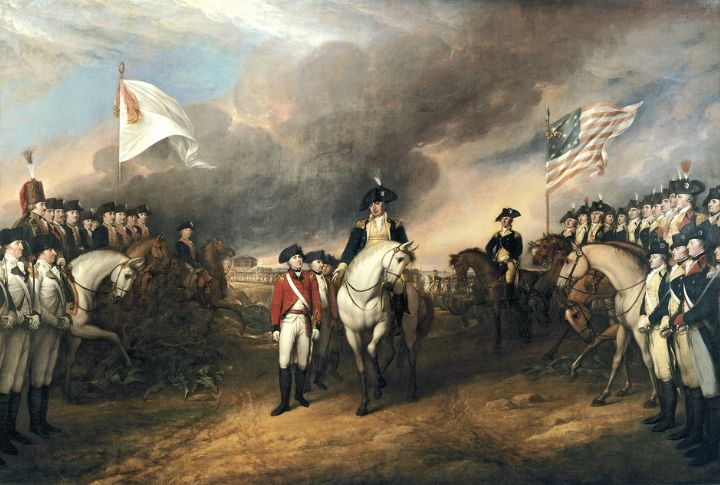
Not even close—about a third of colonists supported Britain. Many wanted the security that came with staying loyal to the Crown. Families split over opposing views, and after the war, thousands of Loyalists fled to Canada. Even some Native tribes backed Britain to stop expansion.
Was The Revolutionary War Only Fought In The North?
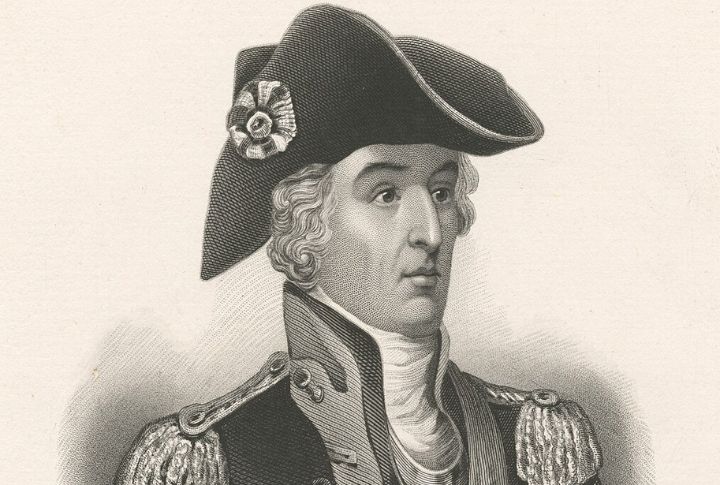
In later years, British forces turned south after encountering resistance in the North. Major fighting broke out in places like Cowpens, Savannah, and Kings Mountain. Patriots in the South—especially Francis Marion—used guerrilla tactics that worked. Marion earned the nickname “The Swamp Fox” for good reason.
What Was The Boston Tea Party About?
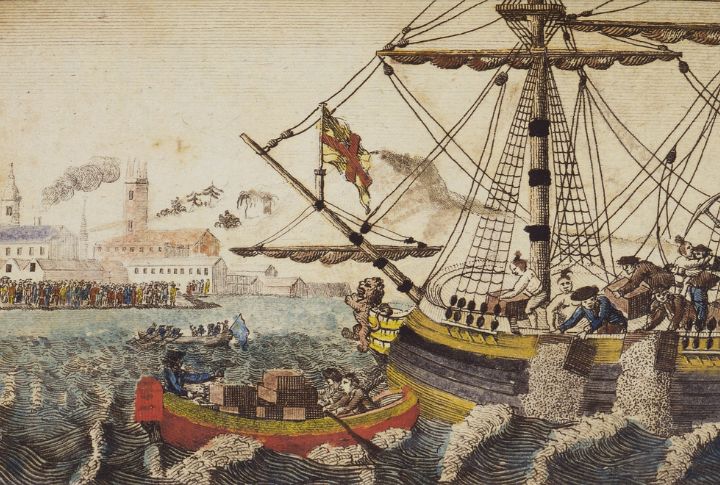
The Boston Tea Party wasn’t only about tea—it was about control. Colonists were furious over the Tea Act’s monopoly and their lack of voice in Parliament. They dumped over 300 chests into the Boston Harbor. Disguised as Mohawk Indians, protesters made their message loud and clear.
Did The War End After The Battle Of Yorktown?
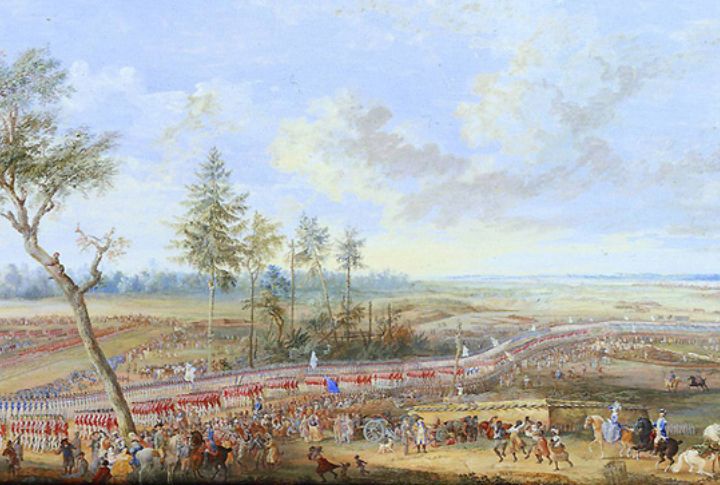
Yorktown’s 1781 siege marked the final major battle. Cornwallis surrendered to Washington, but the war didn’t just stop there. Smaller fights dragged on, and the official peace came later. The Treaty of Paris finally ended it on September 3, 1783, with Cornwallis skipping the ceremony, claiming illness.
Did France Join The American Cause Right Away?
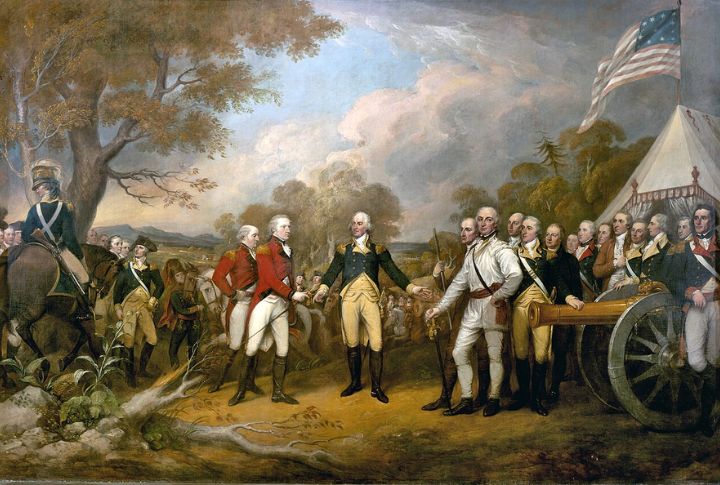
France didn’t jump in immediately. They waited until Americans proved their strength at Saratoga in 1777. Before that, they helped in secret with supplies and funds. After the alliance was formed in 1778, French troops and ships helped seal the win at Yorktown, and it went global with their involvement.

